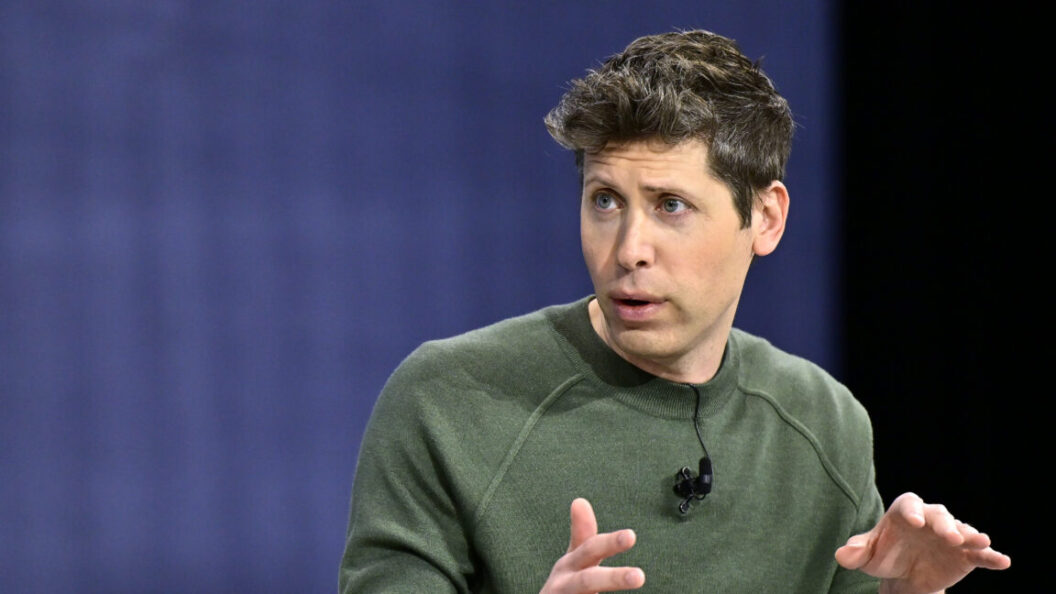OpenAI’s CEO Predicts Major Advancements in Artificial Intelligence by 2025
In a recent blog post titled "Reflections," Sam Altman, CEO of OpenAI, made two significant predictions regarding the future of artificial intelligence (AI). Altman expressed confidence that the company has the capability to build what is commonly understood as artificial general intelligence (AGI) and suggested that by 2025, AI agents may begin to join the workforce, leading to substantial changes in corporate output.
Altman’s Bold Statements
Altman’s declarations are particularly striking given his leadership role during the rapid growth of generative AI technologies, such as ChatGPT. He stated, "We are now confident we know how to build AGI as we have traditionally understood it." This assertion indicates OpenAI’s advanced understanding of developing systems that could potentially rival human skills in most economically valuable tasks. Beyond this, Altman claimed, "In 2025, we may see the first AI agents ‘join the workforce’", suggesting a future where AI could significantly enhance productivity and efficiency within companies.
Industry Reactions and Criticism
However, these bold predictions did not go unchallenged. Critics quickly took to social media to voice skepticism regarding Altman’s claims. Prominent critic Gary Marcus remarked, "We are now confident that we can spin bullshit at unprecedented levels." His comments reflect widespread apprehension surrounding the ambitious timelines and claims made by AI leaders, emphasizing the potential for hype that prioritizes funding over transparency about the technology’s actual capabilities.
Understanding AGI
AGI, which stands for artificial general intelligence, is typically described as highly autonomous systems that exceed human performance across a wide array of economically beneficial tasks. This definition resonates within AI discussions, where AGI is often portrayed as an adaptable AI capable of applying existing knowledge to new scenarios, much like humans can learn and perform diverse tasks based on limited examples. Critics argue that while the concept of AGI is enticing, its practical realization remains uncertain and fraught with challenges.
Financial Implications of AGI
OpenAI has sustained a noteworthy investment framework that dictates how rights over AGI technology are handled. According to a recently disclosed financial agreement with Microsoft, OpenAI and its corporate partner underscored a significant benchmark for achieving AGI: one of its AI models must generate at least $100 billion in profits. This financial milestone raises questions about the commercial motivations driving the development of AGI technology.
Potential Societal Impact
The prospect of AGI holds considerable implications for the workforce, as such technology could replace many human jobs through automation, particularly in information-centric roles. This shift could lead to reduced labor costs and enhanced productivity for companies. However, the societal repercussions of widespread AI integration may be profound, potentially exacerbating unemployment and economic inequality. In anticipation of these challenges, Altman has previously advocated for universal basic income (UBI) as a potential solution to mitigate the negative impacts of job displacement by AI technologies.
Conclusion: A Future Unfolding
Altman’s predictions about AGI and the impending incorporation of AI agents into the workforce are indicative of an exciting yet uncertain future in technology. As companies race to develop and implement these advanced systems, the conversations around ethical implications, societal impact, and economic adjustments, such as universal basic income, will become increasingly crucial. The dialogue surrounding AI’s role in employment and productivity underscores a transformative shift that is on the horizon, necessitating careful consideration of how such innovations will shape human society at large.









